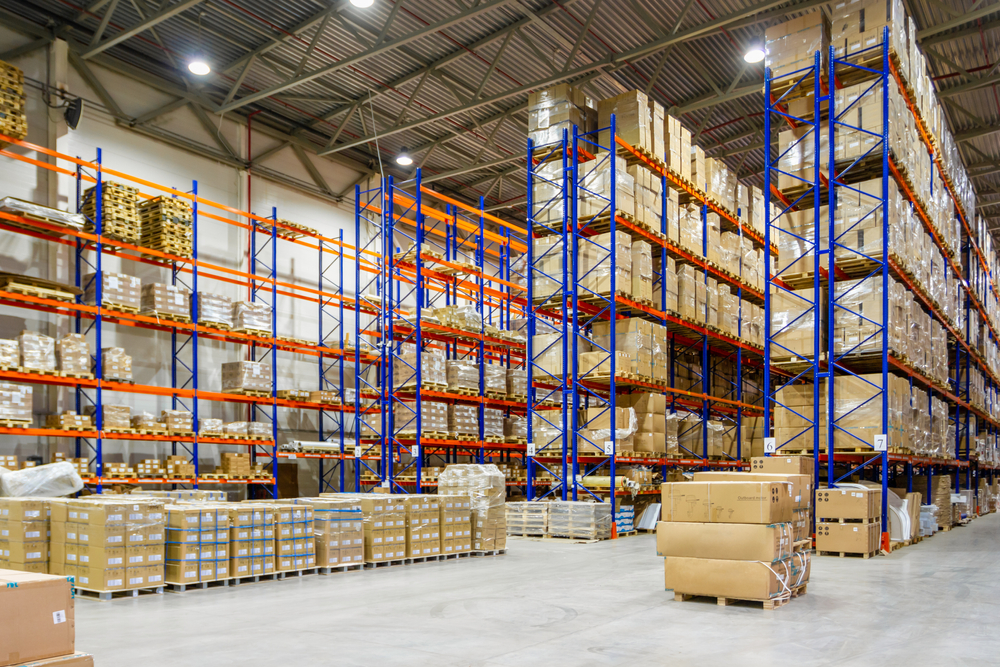We need to keep shared spaces free of coronavirus and other pathogens, but sending people into these spaces to clean exposes them to the possibility of getting sick. Researchers at MIT might just have the solution that can keep everyone safe: a UVC light-equipped robot.
UVC light is capable of disinfecting surfaces and neutralizing aerosolized virus particles, but it’s dangerous for humans to be exposed. With this in mind, MIT’s Computer Science and Artificial Intelligence Laboratory (CSAIL) teamed up with Ava Robotics to develop a robot that can travel through and disinfect spaces autonomously.
The partners added a custom UVC light fixture designed by CSAIL to Ava Robotics’ mobile robot base. They deployed the prototype at the Greater Boston Food Bank (GBFB). The robot drove through GBFB’s warehouse at about 0.22 miles per hour. At this speed, it could cover about 4,000 square feet (the entire warehouse) in half an hour and neutralize approximately 90 percent of coronavirus particles on surfaces.
The researchers believe the approach could be used to autonomously disinfect other environments, like factories, restaurants, supermarkets, and schools. The system is capable of mapping a given space, and it can navigate between waypoints and other specified areas.
UVC light has been capturing quite some attention since the coronavirus first broke out. New York’s MTA is currently testing UV lightboxes as a way to disinfect subways and buses. It’s also been used to clean humidifiers and airplane bathrooms.












